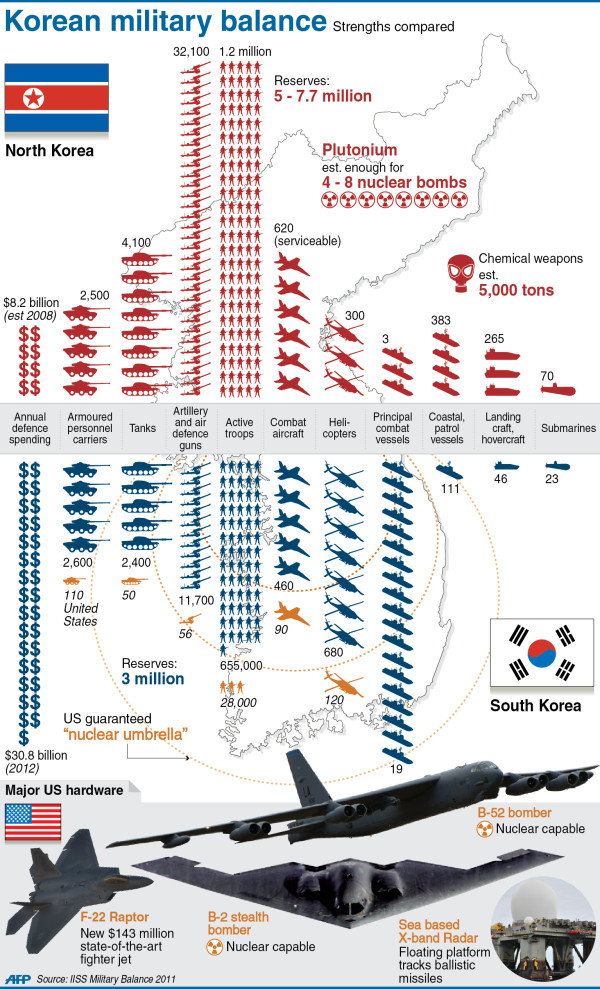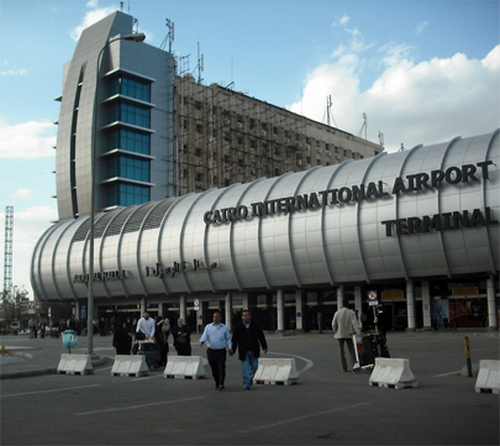Recent events in Gaza, particularly in Rafah, have brought the ongoing humanitarian catastrophe into sharp focus. The escalating violence and dire conditions raise critical questions about accountability and the way forward.
Despite promises to the contrary, Israel’s recent actions, including the bombardment and artillery fire in Rafah, have only exacerbated an already dire situation. The Rafah Crossing closure and the severe limitations on the Kerem Shalom Crossing have further crippled the flow of essential aid.
Misplaced Blame
While Israel often deflects blame onto Egypt, arguing that the Rafah Crossing’s opening hinges on Egypt’s willingness, it’s important to note that Israel maintains control over Gaza’s borders, including the Palestinian side of the Rafah crossing which it occupies. This control, combined with ongoing military operations, not only endangers relief workers but also prevents the safe delivery of aid.
If Israel were genuinely concerned about the well-being of Gazans, it could easily facilitate aid through the Kerem Shalom Crossing, which it fully controls. The absence of supplies passing through any crossing, despite announcements to the contrary, underscores Israel’s role in the blockade and the deepening humanitarian crisis.

Israel’s Legal Obligations
The Egyptian Foreign Minister has pointed out that Israel, as an occupying power, has legal obligations under international law to ensure the welfare of the population in Gaza. The closure of border crossings, effectively sealing off Gaza from essential supplies and aid, represents a blatant disregard for these obligations.
The situation in Rafah is particularly alarming. The 1.5 million Palestinians residing there, many already displaced from other parts of Gaza, are now facing evacuation orders to the barren dunes of Al Mawasi. The closure of crossings means a complete blockade on humanitarian aid, food, medical supplies, and fuel. This manufactured famine could have dire consequences for an already suffering population.
Israel’s actions may not only constitute breaches of humanitarian law but could potentially amount to genocide under Article II of the Genocide Convention. The systematic blockade and bombardment, leading to starvation and displacement, fit the criteria of intent to destroy, in whole or in part, a national, ethnical, racial, or religious group.
The Reality of the Siege
Israel’s attempts to shift blame onto Egypt while maintaining its occupation of the Rafah crossing and continuing its military operation are simply untenable. The siege of Gaza, the obstruction of relief workers and UN personnel, and the denial of essential supplies to over two million Palestinians rest squarely on Israel’s shoulders.
The hundreds of raids, artillery shelling, and the resulting civilian casualties further underscore the grim reality on the ground. The humanitarian situation is catastrophic, with over 90% of the population displaced.
A Path Forward
Addressing this crisis requires a multifaceted and pragmatic approach:
- Immediate Ceasefire: A cessation of hostilities is paramount to allow humanitarian aid to reach those in need without impediment.
- International Oversight: The operation of border crossings should be overseen by the United Nations and other international bodies to ensure the unimpeded flow of aid and supplies.
- Long-term Solutions: A sustainable resolution necessitates addressing the root causes of the conflict, including the blockade on Gaza, settlement expansions, and the need for a viable Palestinian state.
- Dialogue and Negotiation: Sincere and meaningful dialogue, facilitated by neutral parties, is crucial for finding a lasting, peaceful resolution to this complex conflict.
The situation in Gaza is undeniably complex, and there are no easy solutions. However, deflecting blame and shirking responsibility only perpetuate the cycle of violence and suffering. It is incumbent upon all parties involved, as well as the international community, to take decisive action to end this humanitarian catastrophe. The world is watching, and history will judge harshly those who fail to act in the face of such immense human suffering.
Mohamed Samir Khedr is a journalist, and political analyst specializing in geopolitical conflicts in the Middle East, Africa, and the Eastern Mediterranean. Currently, he serves as the Executive Editor of the Daily News Egypt.


